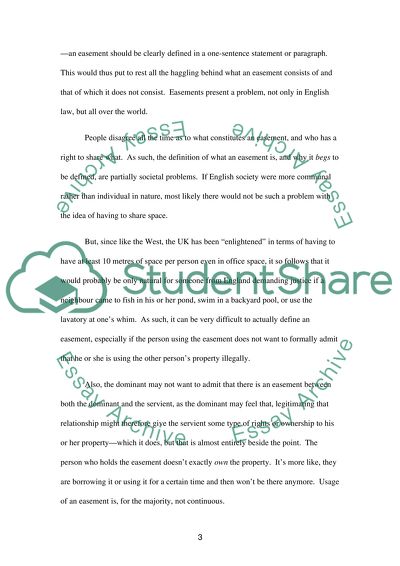Cite this document
(“Reforms Regarding Easements In The UK Essay Example | Topics and Well Written Essays - 1750 words”, n.d.)
Retrieved from https://studentshare.org/environmental-studies/1408731-reforms-regarding-easements-in-the-uk
Retrieved from https://studentshare.org/environmental-studies/1408731-reforms-regarding-easements-in-the-uk
(Reforms Regarding Easements In The UK Essay Example | Topics and Well Written Essays - 1750 Words)
https://studentshare.org/environmental-studies/1408731-reforms-regarding-easements-in-the-uk.
https://studentshare.org/environmental-studies/1408731-reforms-regarding-easements-in-the-uk.
“Reforms Regarding Easements In The UK Essay Example | Topics and Well Written Essays - 1750 Words”, n.d. https://studentshare.org/environmental-studies/1408731-reforms-regarding-easements-in-the-uk.


